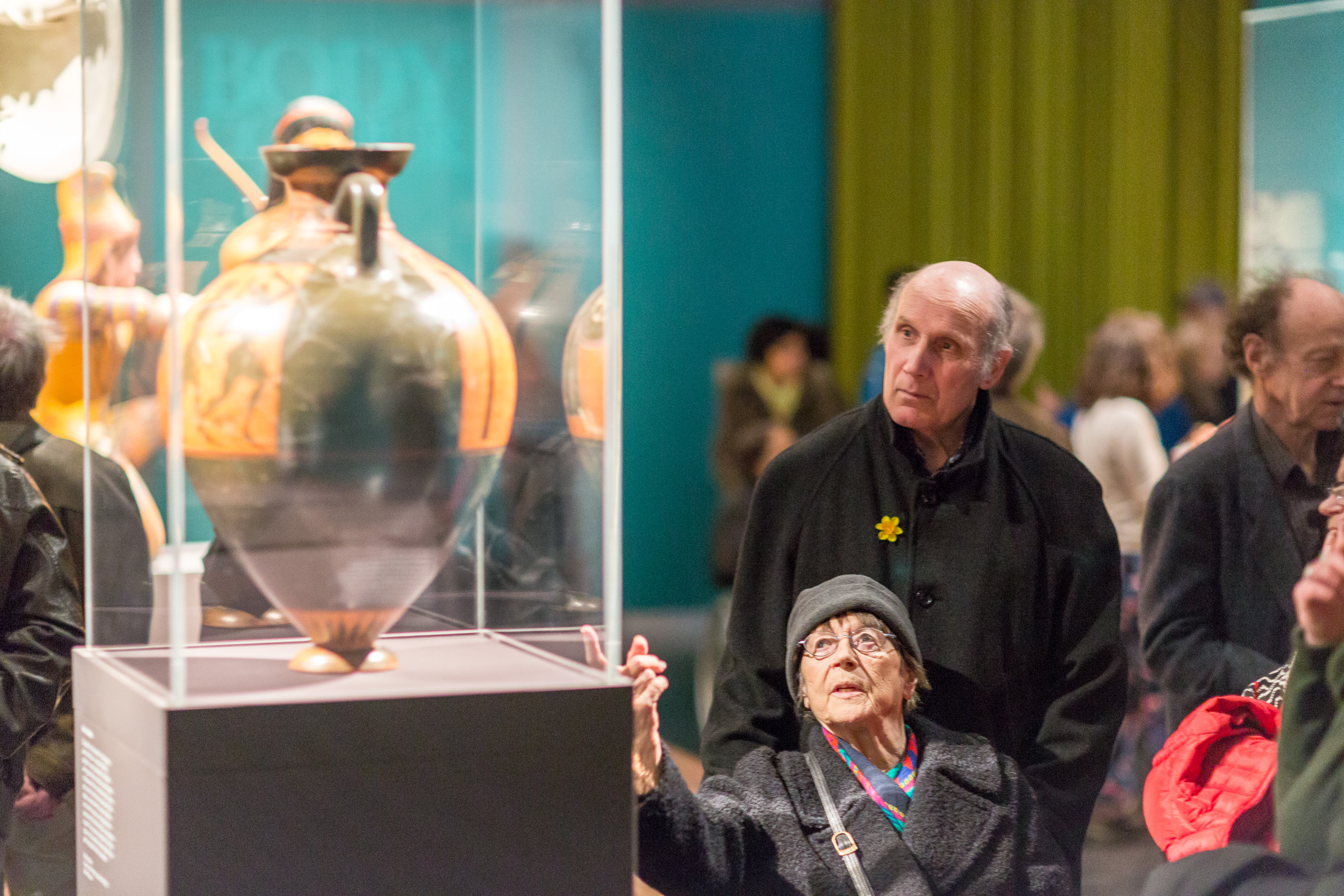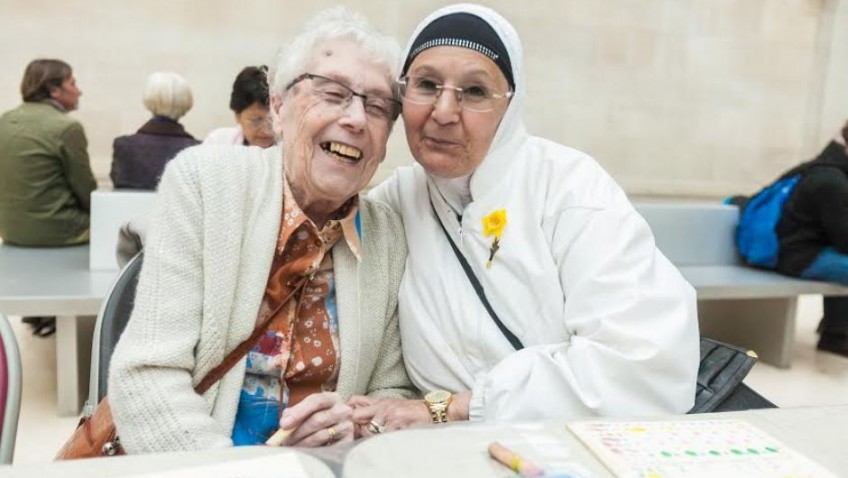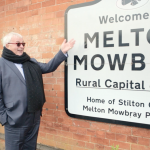Age Friendly Museums Network has begun a series of workshops which bring together professionals from the museums and heritage sector with those from health and social care.
Museums can be an untapped resource for older people so the aim of the Network is to encourage museums across the country to shape up and develop their work with older audiences. In particular, to work with those who are not able to get to a museum or not aware of what they are missing.
The Network helps community groups and museums to get to know each other, work together to pool expertise. They promote, encourage and share good practice. With numerous studies and research into the benefits of art and health, museums are well placed to lead enriching and stimulating activities which are thoroughly enjoyable and have health and social benefits.
The first workshop, held at the British Museum in July, looked at exciting work going on in three museums. This was a partnership between the Stroke Association and Horniman Museum in Lewisham, south London. They have been working together over the last year to support stroke survivors to develop their skills, share experiences and enjoy learning new things.
During the weekly meet up they explore objects from the Horniman’s extensive handling collection. Interesting objects belonging to the museum are used to inspire discussions which might arouse memories or may just be interesting. Sessions have also involved Balinese dancing performers, singers and mime artists. This partnership has been an extremely powerful way to help stroke survivors on their road to recovery.
 The Whitworth Gallery in Manchester have been working with older men. Museums find it particularly difficult to involve older men in their activities and The Whitworth aimed to find out why this is the case.
The Whitworth Gallery in Manchester have been working with older men. Museums find it particularly difficult to involve older men in their activities and The Whitworth aimed to find out why this is the case.
Ed Watts, engagement manager at the gallery, explained “I wanted to ensure that older men’s voices were at the heart of this research. To get their views on why they get involved and possibly more importantly, why they choose not to.” He found that men preferred practical tasks, activities which are social, welcoming and fun and they like to be involved in planning and organising. Ed’s work with a group of older men at The Whitworth produced a lively, successful exhibition entitled ‘Men At Work’.
The last example was presented by Laura Bedford from the Geffrye Museum which is a museum of the home. Set up in 1914, the museum was once a set of former alms houses from the Ironmongers Company and includes11 period rooms and gardens. The museum is truly embedded in the local community and they work with a rage of different community groups across London’s East End.
Their Asian Women’s Project is particularly successful and woman who may not have their own out-door space and who might be quite isolated now visit the garden each week. One woman said “It is flexible and relaxed. It’s nice to be in the garden in the fresh air and planting seeds and watering plants. At the same time, socialising is, of course, a side advantage” The Geffrye also work with other groups such as ‘Contact The Elderly’ who support older people living alone and the local Alzheimer’s society.
The Geffrye also do ‘outreach’ work, where museum staff visit older people’s groups and take objects to for them to handle. The Geffrye is an excellent example of how the community can benefit from a local museum.
This event was the first of four workshops planned across the UK and was successful in inspiring both museum professionals and those from health and social care into developing creative work with older people.
What was most useful, one participant said, was “Meeting other people with the same vision for how museums should be working. Sometimes this work can be isolating – this is like therapy! We are sharing and supporting.” The next workshop is planned in Northern Ireland in September and in Glasgow and Manchester later in the year.
Look out for Age Friendly Museums Day on 4th October when the Age Friendly Museums Network will be calling for all museums to do something with older people. The Age Friendly Museums Network is supported for two years by the Baring Foundation. Sign up to the Age Friendly Museums Network here.
For further information contact Jane Turner, Community Partnerships Co-ordinator: Age Friendly Museums Network jturner@britishmusuem.org or call 020 7323 8972.




